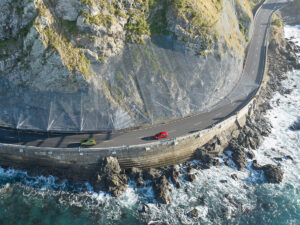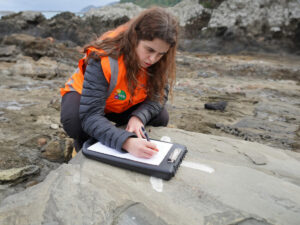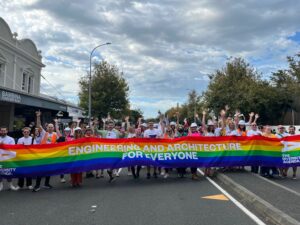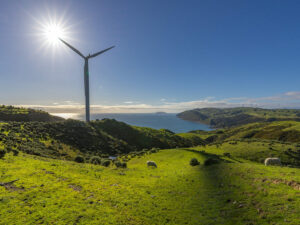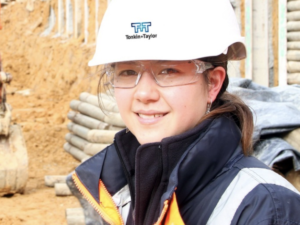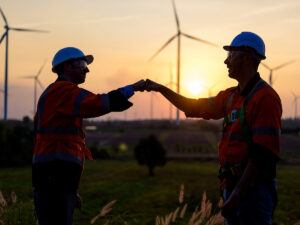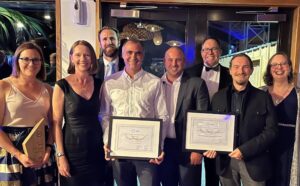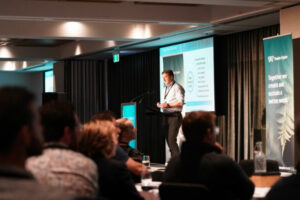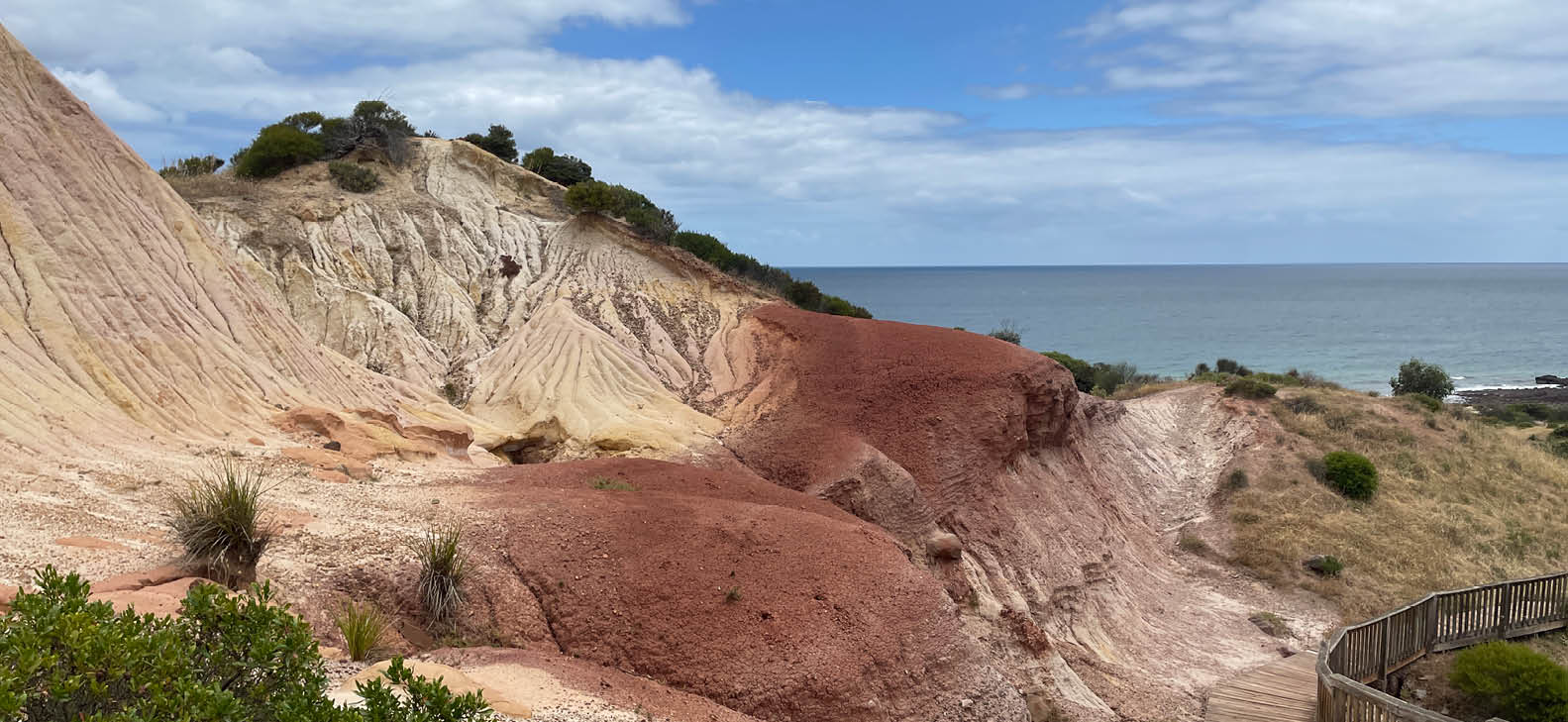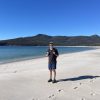Returning to his roots in Adelaide, Ben Perry brings passion, precision, and a people-first approach to coastal engineering.
We’re thrilled to welcome Ben Perry back to Tonkin + Taylor as a Senior Coastal Engineer in our Coasts + Water team, based in Adelaide. Ben is already making waves in the field on a wide range of coastal engineering and adaptation projects, helping clients manage risk and build resilience.
A graduate of the University of Adelaide with a Bachelor of Civil and Environmental Engineering (Honours), Ben also completed a PhD at Flinders University, where his research focused on modelling long-term shoreline behaviour on Adelaide’s managed beaches. Ben has worked on a diverse range of projects, from coastal hazard assessments and adaptation to the design of resilient coastal structures.
Ben’s journey has taken him from Auckland back to his home state of South Australia, where he’s passionate about combining science and engineering to create practical, resilient outcomes for communities. He focuses strongly on clear science communication and is committed to developing locally informed solutions that deliver real value for clients.
Q: What makes South Australia’s coastline unique to you?
A: South Australia has a long, diverse coastline that offers immense beauty and significant challenges that a changing climate will amplify. From rugged cliffs to wide, open sandy beaches and the nuanced coastlines within our gulfs, these environments are as varied as they are complex. Working on projects in my home state is a privilege, and I hope to leave a positive impact for generations to come.
Q: Is there a place along the coast that holds special meaning for you?
A: The Fleurieu Peninsula is a special place for me. I spent a lot of time there growing up, enjoying its great surf spots and beautiful swimming beaches. It’s an area that combines stunning coastal landscapes with a relaxed lifestyle, and being close to some beautiful Grenache vineyards in McLaren Vale is a bonus.
Q: What’s a coastal challenge you’re eager to tackle?
A: The climate is changing around the globe and on my doorstep, and the need for action on our coasts is ramping up. I’m focused on developing sound coastal engineering solutions and working closely with vulnerable communities to help them adapt to the challenges they’ll face in my lifetime and beyond.
Q: What inspired you to return to Tonkin + Taylor?
A: I thoroughly enjoyed my previous time at Tonkin + Taylor, especially the culture and genuine care for people. The range and depth of technical expertise in the coastal space is exciting, and I’m looking forward to contributing to that knowledge base while applying it to new markets and challenges.
Q: What do you enjoy most about being a coastal engineer?
A: I enjoy how varied the work can be from day to day. One day, I might be deep in analysis at my computer, coding and interpreting data, and the next, I could drive to a remote coastal community to work on the ground. That mix of technical problem-solving and real-world connections keeps the job exciting.
Q: What inspired you to choose coastal engineering as a career?
A: I followed a fairly typical path into engineering, starting strong in maths and physics at school, which made engineering the obvious choice. My interest in the natural environment led me to civil and environmental engineering, where I discovered my passion for the physical sciences. Once I had a taste of a few coastal engineering projects, I was hooked—there was no going back.
Q: How is technology changing the way we protect coastlines?
A: The increased use of technology on our coasts allows us to understand their vulnerability at a much finer timescale. It is exciting to see new tools supporting monitoring and informed adaptive pathways rather than rushing to complex engineering solutions. This shift helps us make smarter, more sustainable decisions for the long term.
Q: What role does community engagement play in your work?
A: It’s essential. For many communities, the coast is a way of life, so listening and understanding their priorities is a big part of what we do. It helps us design practical solutions that are widely accepted and championed by local stakeholders.




